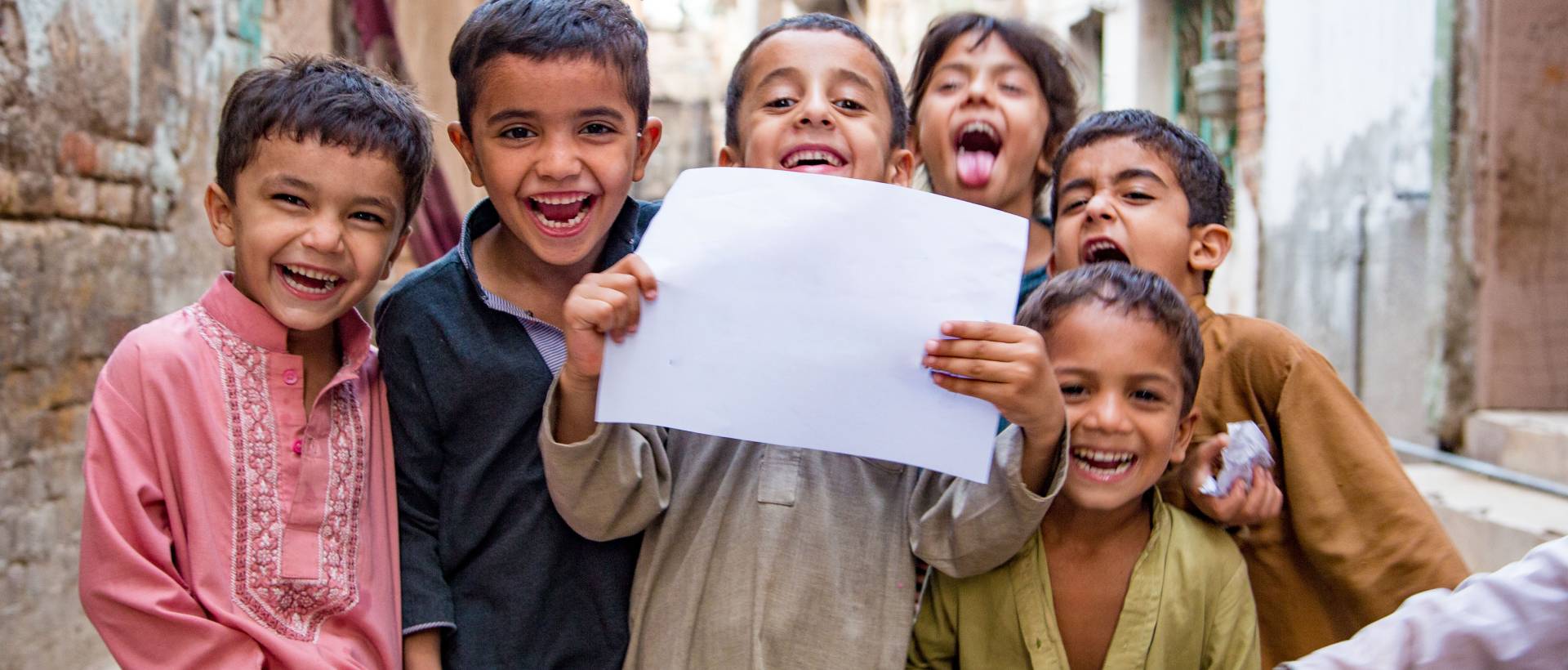
In the heart of Pakistan, amidst the rich tapestry of culture and tradition, lies a profound need for care and support for orphaned children. These children, often vulnerable and marginalized, face daunting challenges as they navigate life without the love and guidance of parents. However, amidst these challenges, there are individuals, organizations, and communities dedicated to bringing hope and empowerment to the lives of orphaned children across Pakistan. This article embarks on a journey of compassion, exploring the initiatives and efforts aimed at providing a brighter future for orphaned children in Pakistan.
Understanding the Challenges Faced by Orphaned Children:
Orphaned children in Pakistan encounter a myriad of challenges that hinder their growth and development. The loss of parental care leaves them vulnerable to exploitation, abuse, and neglect. Many orphaned children lack access to basic necessities such as shelter, food, education, and healthcare. Moreover, societal stigma and discrimination further exacerbate their plight, robbing them of opportunities and hope for a better future.
Initiatives and Efforts to Bring Hope:
Despite the formidable challenges, numerous initiatives and efforts are underway to bring hope and support to orphaned children in Pakistan. These initiatives encompass a wide range of areas, including:
Orphanages and Residential Care Centers: Orphanages and residential care centers provide a safe and nurturing environment for orphaned children, offering shelter, food, education, and healthcare. These facilities strive to create a sense of belonging and community for children who have lost their families.
Education and Vocational Training: Education is key to breaking the cycle of poverty and empowering orphaned children to build a better future for themselves. Many organizations in Pakistan offer educational scholarships, sponsorships, and vocational training programs to equip orphaned children with the skills and knowledge they need to succeed in life.
Healthcare and Nutrition Programs: Access to quality healthcare and nutrition is essential for the well-being of orphaned children. Healthcare organizations and NGOs in Pakistan provide medical services, vaccinations, and nutritional support to ensure that orphaned children grow up healthy and strong.
Psychosocial Support and Counseling: The trauma of losing a parent can have a profound impact on the mental and emotional well-being of orphaned children. Psychosocial support services and counseling programs help children cope with grief, build resilience, and develop positive coping strategies.
Foster Care and Adoption Services: Foster care and adoption provide orphaned children with the opportunity to be part of a loving and nurturing family environment. Adoption agencies and foster care organizations work to match orphaned children with caring families who can provide them with the love, stability, and support they need to thrive.
The Role of Communities and Volunteers:
Communities and volunteers play a crucial role in supporting orphaned children in Pakistan. From fundraising campaigns and awareness initiatives to mentoring and tutoring programs, individuals and community groups contribute their time, resources, and expertise to make a difference in the lives of orphaned children. Their acts of kindness and compassion bring hope and inspiration to children who may have lost faith in a brighter tomorrow.
Challenges and Opportunities Ahead:
While significant progress has been made in supporting orphaned children in Pakistan, many challenges remain. Limited resources, inadequate infrastructure, and social barriers continue to hinder efforts to provide comprehensive care and support to orphaned children. Moreover, the COVID-19 pandemic has exacerbated existing vulnerabilities, highlighting the urgent need for sustained investment and collaboration to address the needs of orphaned children in Pakistan.
However, amidst these challenges lie opportunities for innovation, collaboration, and advocacy. By harnessing the power of technology, mobilizing community resources, and advocating for policy reforms, we can create a more inclusive and supportive environment for orphaned children in Pakistan. Together, we can build a future where every child, regardless of their circumstances, has the opportunity to thrive and realize their full potential.
Conclusion:
Orphaned children in Pakistan deserve a future filled with hope, love, and opportunity. Through the collective efforts of individuals, organizations, and communities, we can make this vision a reality. By providing holistic care, education, healthcare, and psychosocial support, we can empower orphaned children to break the cycle of poverty and build a brighter future for themselves and their communities. Together, let us stand in solidarity with orphaned children in Pakistan, bringing hope, compassion, and empowerment into their lives.





